Review of Michael Haneke Trilogy, The
Introduction
I had never heard of the Austrian auteur Michael Haneke until I watched his brilliant `Hidden` (Caché) and this gave me an opportunity to see how his career began and whether the themes in `Hidden` were unique to that film.
Known as his trilogy of `emotional glaciation`, this is thematic in nature, similar to Krzysztof Kieslowski`s `Three Colours` trilogy, as there is no narrative thread which runs throughout the three films but they all share the same underpinning subject matter, in particular the dangers of repressed, guilt-ridden and secretive bourgeois life.
Michael Haneke made his feature film debut in 1989 by writing a story based on a newspaper article he had read. The result is `The Seventh Continent`, in which a successful middle-class family realise the mundane and repetitive nature of their lives. Haneke begins the film with a series of shots showing the clock turning 06:00, the coffee being made, teeth being brushed, shoes being tied, the car being washed in a repetitive cycle. Anna (Birgit Doll) writes a letter in which she describes how well she and her husband Georg (Dieter Berner) are doing in their professional lives and that their daughter Eva (Leni Tanzer) is well. Everything seems fine until Eva`s attention seeking behaviour makes them realise the effect of the repressive nature of everyday life and that something must be done. To tell you any more would be to spoil the film.
After making a TV film in 1991, Haneke followed up `The Seventh Continent` a year later with `Benny`s Video` in which Benny (Arno Frisch) exists in a virtual world wherein he keeps his bedroom blinds closed but has a camcorder trained on the street outside. His one interest is renting violent movies and watching them over and over again, becoming desensitised and isolated. Taking pride of place in his collection is the film that opens `Benny`s Video`, footage he took of a pig being slaughtered. When his parents are away, Benny invites a girl back to his house and shows her his favourite video, with predictable and fatal consequences.
Whilst making another TV film in 1993, Haneke learned of an Austrian student who had gone on a shooting spree; an event that would form the centrepiece and climax of his `71 Fragments of a Chronology of Chance`. Released in 1994, `71 Fragments` is, as the name suggests, 71 vignettes which, like pieces of a jigsaw, are seemingly unrelated but build into a complete picture which shows that `no man is an island` and that the actions of one impact hugely on the lives of many.
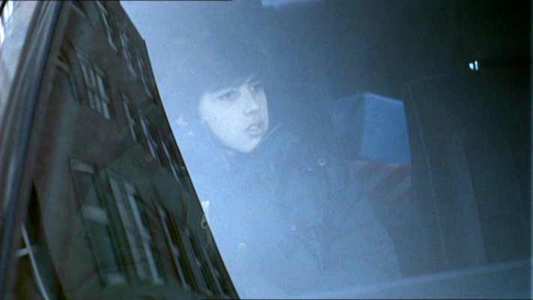
Video
The anamorphic widescreen transfers appear not to have been improved since the films` release and there is a degree of grain and vertical striping, particularly on `The Seventh Continent`. The picture quality is by no means bad and improves with each film, but the negatives should really have been cleaned up, if not remastered for the transfer to DVD for this box set.
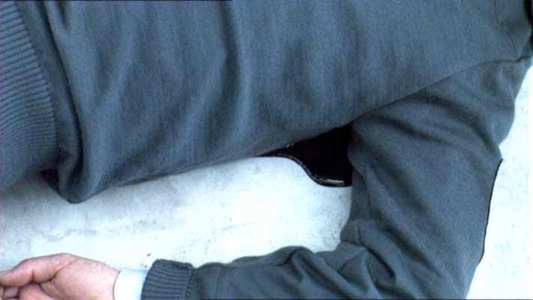
Audio
Each film has a 2.0 Dolby Digital stereo soundtrack, all of which are clear and more than adequate for dialogue driven films.

Features
Each disc contains an interesting and revealing interview with Michael Haneke in which he discusses the film on that disc: the creative process and the themes behind it.
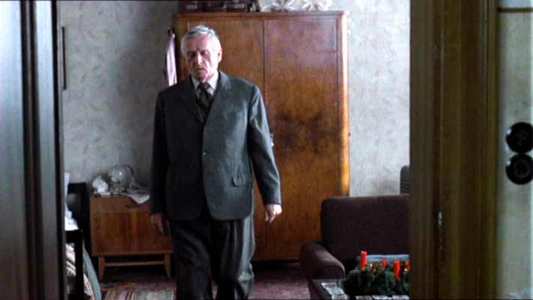
Conclusion
Each European country arguably boasts an outstanding working director; for example France has François Ozon, Pedro Almodóvar from Spain and Germany has Werner Herzog. Austria`s representative would undoubtedly be Michael Haneke whose 2005 film `Hidden` (Caché) has won plaudits worldwide, but whose career began with this acclaimed trilogy.
Although `71 Fragments of a Chronology of Chance` is thematically less connected to the idea of the trilogy than the earlier two films, this `trilogy of emotional glaciation` is an intelligent and thoughtful piece of work that is greater than the sum of its parts and arguably formed the foundation for `Hidden`.
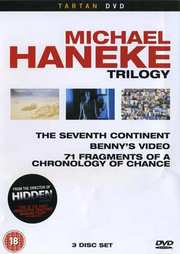
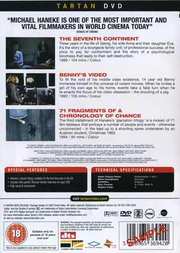







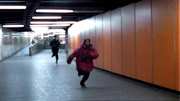
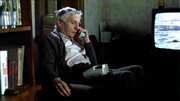



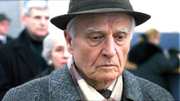
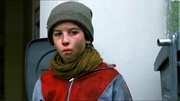


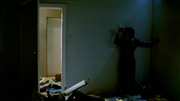
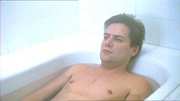




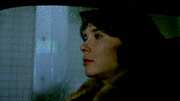
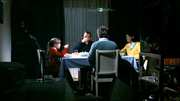

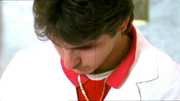



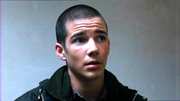



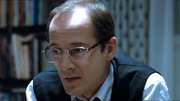
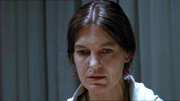
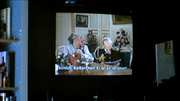

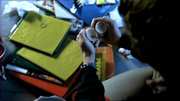
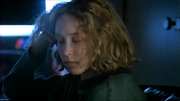
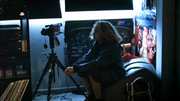
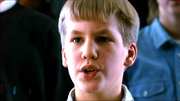
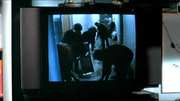

































Your Opinions and Comments
Be the first to post a comment!